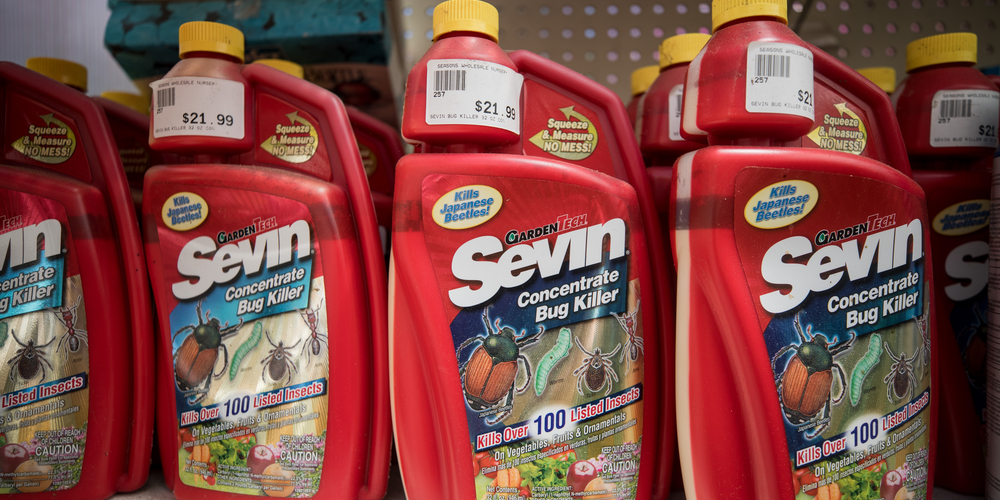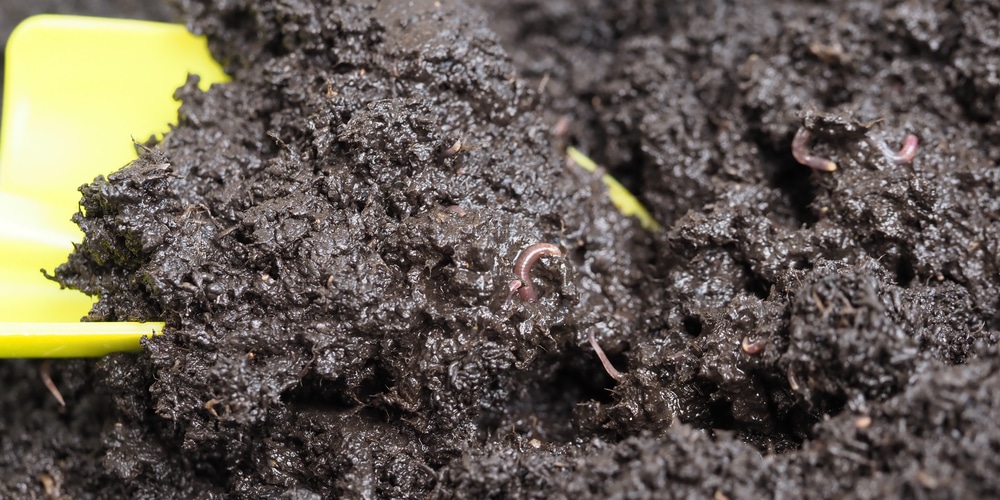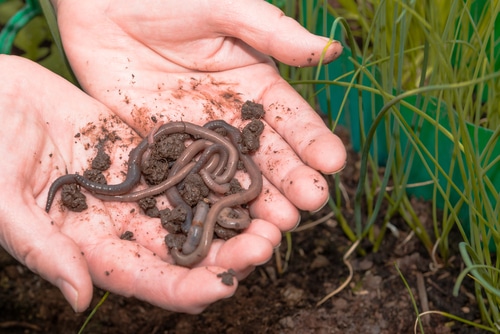Sometimes using pesticides is inevitable to take rid of pests that might interfere with the health of your garden. But using those chemicals might also harm beneficial insects and invertebrates necessary for a thriving yard.
If you are into gardening, you probably know about the role earthworms play in the aeration and fertilization of the soil. They also seem to make your plants’ roots more resilient.
And the last thing you should do when taking care of your garden is killing earthworms.
Quick Answer
Sevin is safe for earthworms. If pesticides like Sevin contain chemicals that might harm worms, they don’t reach the substrate where earthworms live. Also, you shouldn’t use these products at high concentrations.
After all, these invertebrates eat dead or decaying organic matter and create tunnels that allow your plants to get better access to nutrients and water. Plus, the by-product of their digestion adds essential nutrition to the soil, which encourages plants’ growth and development.
But sometimes, you need to apply products to keep weeds and pests under control. Among the different brands of pesticides, Sevin is arguably one of the best known.
But does Sevin kill earthworms? And what should you know about using insecticides and other products? Keep reading to find the answers you need!
Sevin in Your Garden: What are The Consequences for Earthworms?
If you need to shop for pesticides, you probably will come across Sevin, a pesticide for pest control for vegetable gardens and fruit growers since the 1950s.
Its low cost, broad-spectrum activity, and short interval between applications contribute to its popularity. It contains carbamate compounds, and besides killing grubs in your garden, Sevin might also reduce the earthworm population due to toxic chemicals such as diazinon, Merit, and Dursban.
So does Sevin Kill Earthworms? The truth is that even if the product doesn’t aim at killing them, the toxic chemicals might harm them.
For this reason, the Environmental Protection Agency removed several insecticides from the market over the past year. So, if you are trying to protect earthworms, you should be careful when applying pesticides. But what if earthworms have become invasive in your garden?
Can Earthworms Damage Your Garden?
Earthworms are beneficial to have around: they aerate the soil, help decompose organic matter, and increase the nutrient content in the substrate, giving your plants better access to what they need to carry out photosynthesis.
However, in some extreme cases, populations might get out of control. You might see unappealing mounds on your lawn where these invertebrates enter and exit the ground.
Under such circumstances, applying pesticides containing carbamate compounds about two to four times per year might keep them under control.
We recommend you to check first if earthworms are the cause of problems in your lawn. You shouldn’t kill them unless it is necessary to keep your garden healthy.
Look for mounds of soil on top of your yard: if they a small hole in the middle, earthworms are making them. If there are many around your yard, you may want to do something to reduce the population of earthworms.
Apply Sevin at the recommended measures for grubs and consider removing grass clippings, which attract earthworms and make them come out from underground.
The Bottomline: Does Sevin Kill Earthworms?
In general, you should want to keep earthworms in your garden. After all, they contribute to the health of your soil.
And even if pesticides like Sevin contain chemicals that might harm them, they don’t reach the substrate where earthworms live.
Also, you shouldn’t use these products at high concentrations: always follow the instruction you find on the label to prevent killing beneficial integrants of your yard.
Keep in mind that some weather conditions (such as rain and extreme humidity) might enhance the effect of pesticides.
If you are not trying to reduce the earthworm population in your garden, avoid using them after or before rainfall. Indeed, Sevin might reduce earthworms in your soil by 75-100%.
If you don’t want to affect earthworms but still need to apply a product to kill pests harming your grade, consider using neem oil or insecticidal soap. They might be less effective (or require more applications), but they won’t damage beneficial insects and invertebrates.
Related Article: Does Fertilizer Attract Earthworms?


